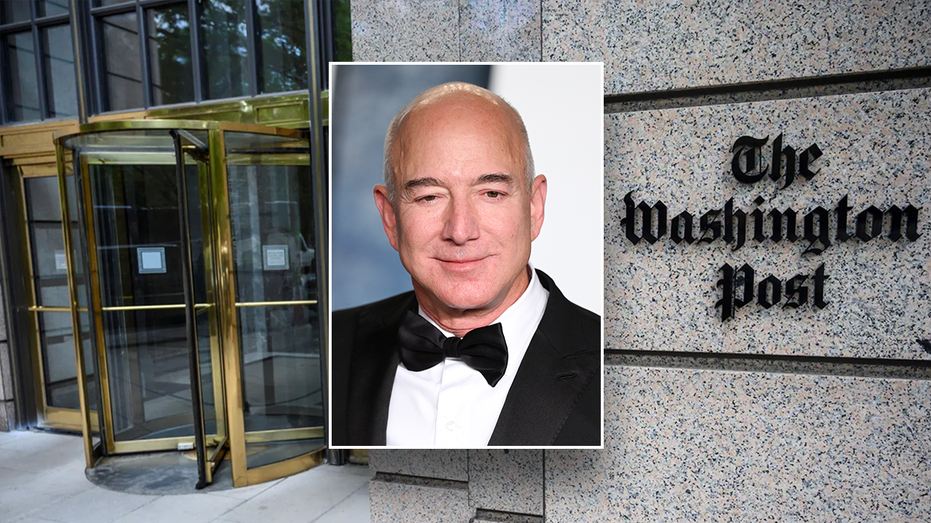
The Washington Post is reportedly losing a whopping $77 million this year, which doesn’t include the losses that came from the far-left boycott over the paper’s endorsement decision.
The Washington Post was already in financial trouble even before the recent boycott movement that erupted against the paper.
A report from New York Magazine’s Intelligencer shed light on a recent meeting at The Post newsroom where the top brass revealed that the paper was on pace to lose a whopping $77 million this year, a figure that does not even include the staggering 250,000 subscribers it lost over its last-minute decision by billionaire owner Jeff Bezos to not endorse Vice President Kamala Harris in the final days of the presidential race.
“[It’s] not a surprise at all,” one Post staffer told Fox News Digital in reaction to the report. “It means ‘buckle up.’”
Notably, the $77 million in reported losses mirrors the exact figure Washington Post publisher Will Lewis said in May the paper lost over the prior year.
The Intelligencer cited other staffers, one saying “The level of anger is through the roof, and fear is also through the roof.”
“The top stories that do well convert 200 readers to subscribers,” another staffer told the magazine. “You’re doing your best work, hoping you convert 200 subscribers. And we lost 250,000 through naïveté and poor decision-making.”
According to the report, The Post, which has suffered an exodus of high-profile talent in recent years, may have even more staffers fleeing, saying some of its “most marketable journalists” are “seeking out opportunities at other outlets even as the grind of the new Trump administration begins.”
A spokesperson for The Washington Post declined to comment on its revenue numbers when asked by Fox News Digital.
The Post’s financial woes have formed a cloud over the “Democracy Dies in Darkness” paper for years, but the newsroom was rocked with turmoil after Bezos halted the editorial board’s endorsement of Harris, establishing a new policy going forward of not issuing endorsements for presidential candidates.
That was met with swift backlash both inside and outside the paper and resulted in the loss of 250,000 liberal subscribers, which NPR noted was roughly 10% of its 2.5 million total subscribers.
Bezos penned an op-ed defending the decision, citing growing distrust in the media.
“We must be accurate, and we must be believed to be accurate. It’s a bitter pill to swallow, but we are failing on the second requirement,” Bezos wrote. “Most people believe the media is biased. Anyone who doesn’t see this is paying scant attention to reality, and those who fight reality lose. Reality is an undefeated champion. It would be easy to blame others for our long and continuing fall in credibility (and, therefore, decline in impact), but a victim mentality will not help. Complaining is not a strategy. We must work harder to control what we can control to increase our credibility.”
“By itself, declining to endorse presidential candidates is not enough to move us very far up the trust scale, but it’s a meaningful step in the right direction. I wish we had made the change earlier than we did, in a moment further from the election and the emotions around it. That was inadequate planning, and not some intentional strategy,” Bezos later conceded.